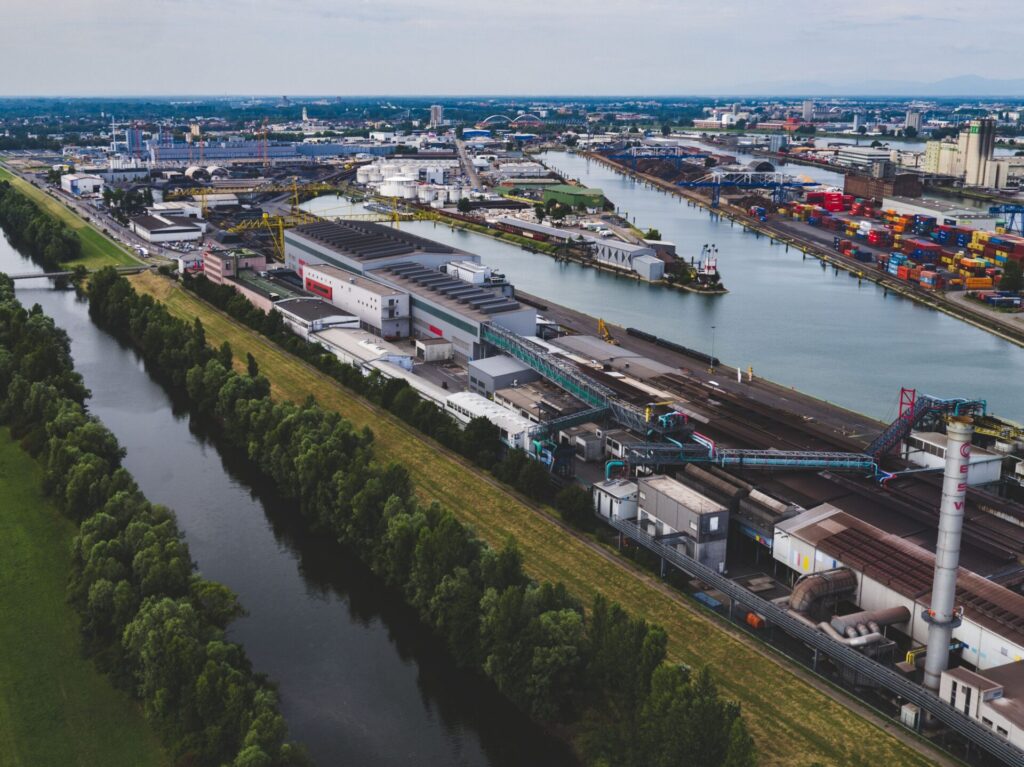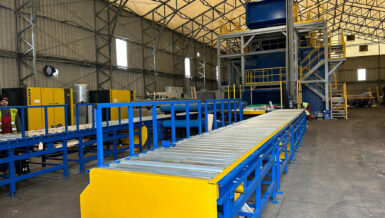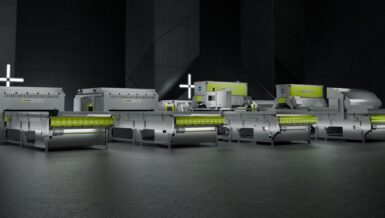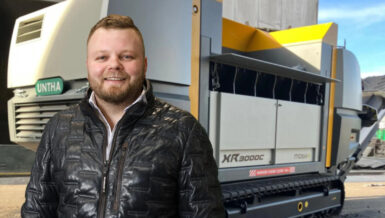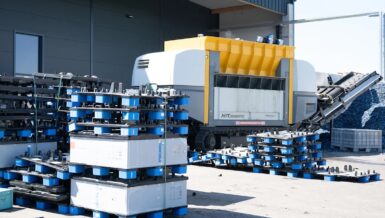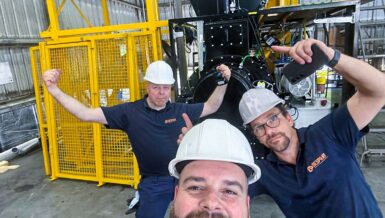In simple terms, the latter involves taking used components like engines, gearboxes or hydraulic pumps and completely disassembling them. Afterwards, each part is cleaned, inspected, reprocessed, if necessary, and reassembled with the goal of reusing as many parts as possible.
The reuse of parts, especially those with substantial mass, results in lower material costs and a significant reduction in the raw materials needed for new production. This has a highly positive impact on the environment and climate: The recycling rate of these high-mass parts achieves over 60% CO₂ savings compared to manufacturing new parts. Even factoring in scrap and unusable parts, the savings remain at over 50%.
Consequently, you benefit from remanufacturing in multiple ways. One good example is BSW, die Badische Stahlwerke GmbH, from Kehl. It is the only steel producer in Baden-Württemberg (Germany), who manufactures more than two million tons of steel annually with its approximately 850 employees, using modern electric arc furnaces. The company produces high-quality reinforced steel, like bar steel and wire rod for the construction industry. Seven Liebherr machines are diligent in operation at its facilities directly on the Rhine River, among them are four material handlers of the LH 80 and LH 110 series, two crawler excavators R 924 and R 934, as well as a wheel loader L 566 XPower.
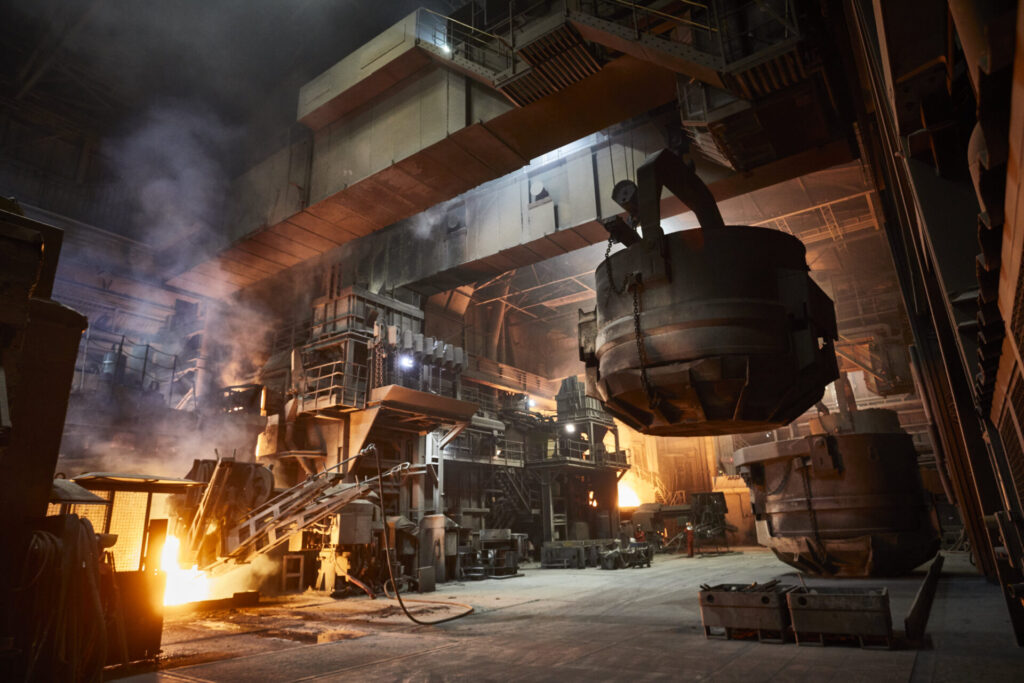
For the maintenance department of BSW, refurbished machine components are an indispensable factor for both economically and ecologically sustainable operations: “In Europe, and especially in Germany, we are on a transformational path towards producing ‘green or emissions-neutral steel,” Explains a representative at BSW. He notes that this transformation goes far beyond steelmaking.
In fact, many key elements enable sustainable steel production: In addition to the large-scale installation of photovoltaic systems on the company buildings and the planned feeding of waste heat into the district heating system of the city of Strasbourg, the internal handling of goods is an important factor. “We produce around the clock, therefore smooth workflows are essential. In maintenance, we rely on Liebherr’s remanufactured components. On the one hand, they offer the same quality at a lower price as compared to new parts and are available on short notice. On the other, they fit seamlessly into our environmental and sustainability philosophy for the ‘steel mill of the future. We try to keep our ecological footprint as small as possible.”
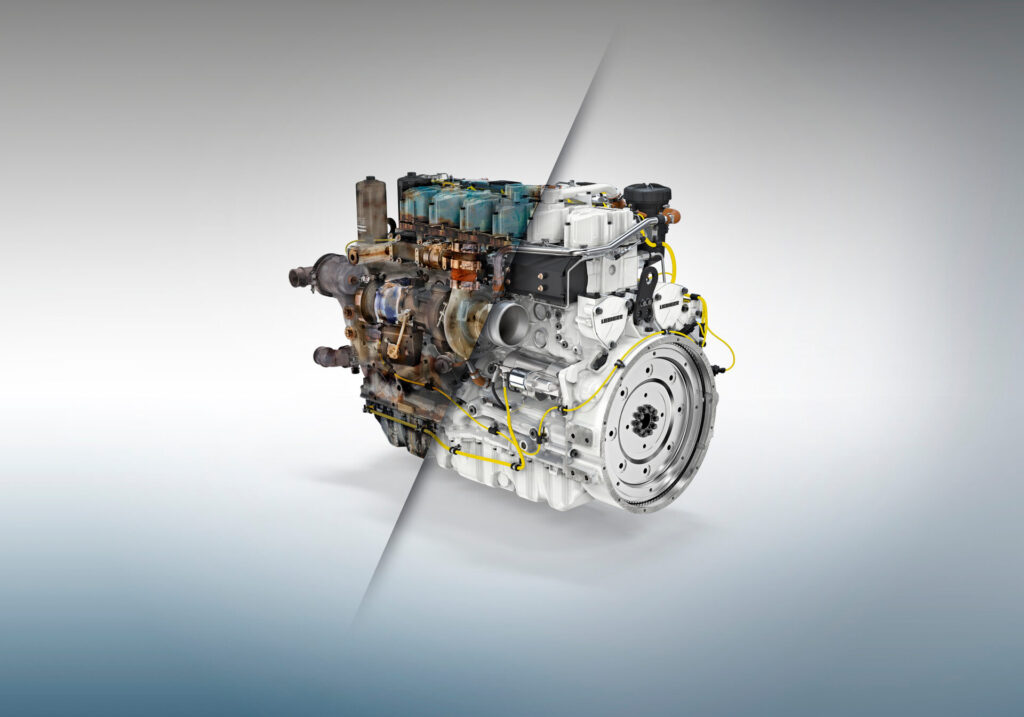
Speaking of fitting: The raw materials used by BSW come 98% from steel scrap, which may even contain some non-installable parts from our remanufacturing programme. And what about BSW’s byproducts? These are fed back into the production process or reused as environmentally friendly materials in other applications. For example, the mineral content of electric arc furnace slag can be applied as highly durable material in road construction. This is high-level recycling.
All in all, by using our remanufacturing programme, steel re-production in Kehl makes a valuable contribution to a sustainable circular economy.

